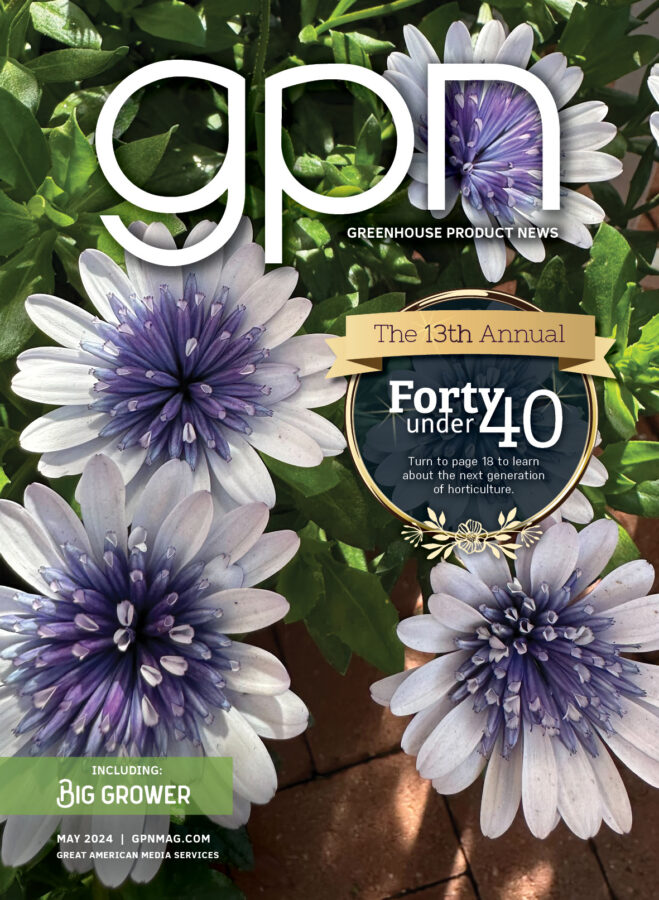Industry Groups Submit Comments To DEA On Interim Final Rule
The National Industrial Hemp Council and the National Cannabis Industry Association have each submitted comments to the Drug Enforcement Administration (DEA) calling out concerns in the Interim Final Rule (IFR) on hemp. The comments were submitted in response to a request for comment on an interim final rule (IFR) initially published by the federal agency in August.
The IFR labels a cannabis derivative, extract, or product that exceeds the 0.3% THC limit as a schedule I controlled substance, even if the plant from which it was derived contained 0.3% or less THC on a dry weight basis.
In its comments to the DEA, the National Industrial Hemp Council (NIHC) said some provisions of the IFR could establish a “solid regulatory structure” but that language of the IFR has “led to concern among some in the hemp industry regarding CBD which exceeds the allowable THC threshold only on a temporary basis during processing.”
The NIHC urged the DEA to note a recommendation the National Center for Natural Products Research at the University of Mississippi, which holds the sole license for cultivating research marijuana in the U.S., gave to the FDA: creating a new DEA registration category for ‘hemp processors.’
“While NIHC believes that this might not be the only ‘practical solution’ and is not prepared to recommend or endorse such a registration process we bring this up merely to strongly advocate that DEA keep at the top of mind that the hemp industry is struggling to grow among myriad challenges, many hemp processors are small businesses with limited capital, and the last thing that they need is burdensome and/or costly requirements while they are struggling to develop this market and take advantage of the promise that it holds,” NIHC said in its letter to the DEA.
The National Cannabis Industry Association (NCIA) submitted comments to the Drug Enforcement Administration (DEA) urging the agency to immediately rescind this rule.
The trade organization asserts that this rule is in direct conflict with the hemp provisions of the Agricultural Improvement Act (AIA) of 2018, known as the Farm Bill, and circumvents the rulemaking process required by the Administrative Procedure Act (APA). Many producers, processors, and analysts have expressed concern that provisions in the rule will make full legal compliance at every stage of production difficult or impossible, putting them at risk of prosecution. The full comments are available here and a summary of the main arguments are below.
“With this rule, the DEA is trying to overstep its bounds and exert control over a legal agricultural commodity that is no longer under its jurisdiction,” said Aaron Smith, co-founder and chief executive officer of the National Cannabis Industry Association. “Given this agency’s history of doing everything in its power to maintain the criminalization of cannabis in any form, this rule was clearly not proposed to help the thousands of small farmers who are participating in approved hemp programs and could put them in unnecessary danger. Failure to rescind it immediately is a clear violation of congressional intent and established law.”
In summary, the primary purposes of NCIA’s comments are to:
(A) demonstrate that this rulemaking is invalid under the APA because the DEA has gone beyond merely conforming its regulations to the AIA by instead creating new rules that require formal notice and comment;
(B) clarify that Congress explicitly limited DEA’s jurisdiction to non-conforming hemp that exceeds 0.3% Delta-9 THC concentration on a dry weight basis where the producer was shown to have a culpable mental state greater than negligence;
(C) suggest definitions of “synthetic” and “natural” that are consistent with those definitions used by other federal agencies;
(D) recommend that the DEA urge the Food and Drug Administration (FDA) to regulate hemp-derived cannabinoids in the interest of public safety, given that the DEA itself has no authority to regulate products that have been de-scheduled; and
(E) clarify that in passing the AIA, Congress recognized and accounted for a potential conflict between the Controlled Substances Act (CSA) and hemp extraction best-practices.
To read the National Industrial Hemp Council’s letter to the DEA, visit hempindustrial.com. To read the National Cannabis Industry Association’s letter to the DEA, click here.



